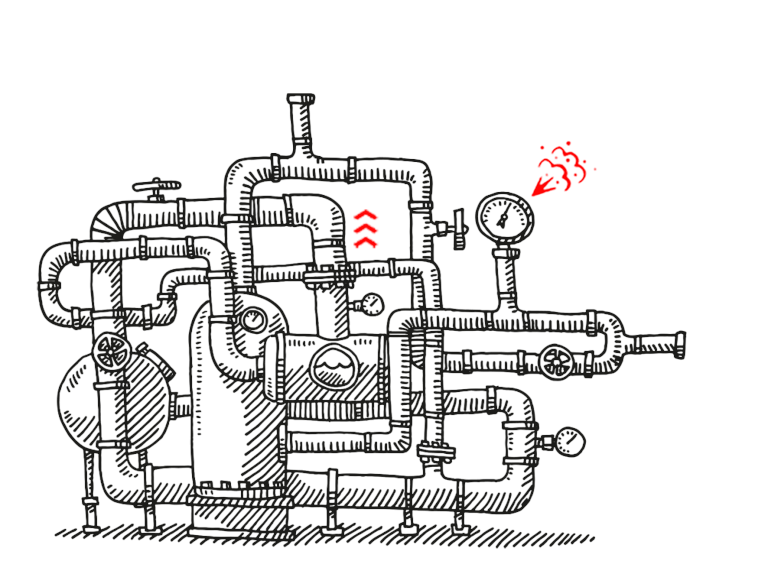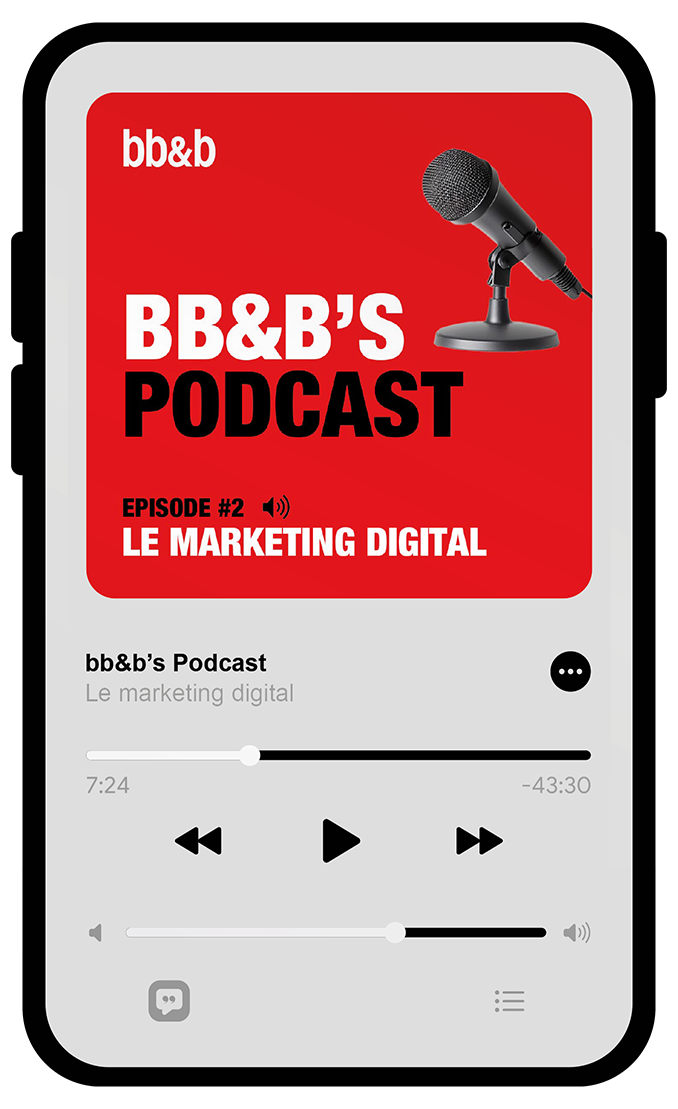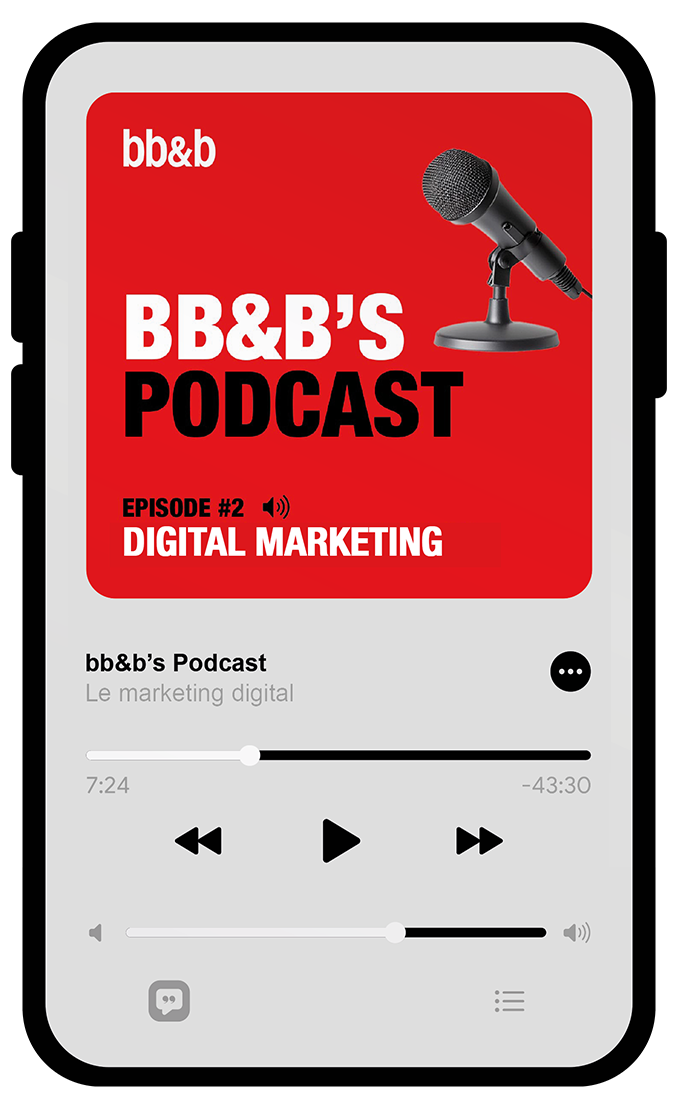© 2025 bb&b communication et marketing industriel
Marketing Consultants (like us) love talking about Performance Marketing. But beyond the buzz, the question arises what it is worth in industrial and B2B markets.
What are we talking about? Performance Marketing refers to a data-driven, results-oriented approach to digital marketing, where marketing activities are optimized based on measurable actions and ROI. Unlike traditional brand marketing, performance marketing focuses on driving specific outcomes, such as lead generation, sales pipeline acceleration, and customer retention.
Performance marketing generally integrates multiple digital channels such as:
• LinkedIn Ads (push campaigns targeting decision-makers)
• Search Engine Advertising (SEA) (pull strategies with intent-based search)
• Email Marketing & Automation (nurturing leads through the funnel)
• Content Marketing & SEO (thought leadership and demand generation)
• Account-Based Marketing (ABM) (targeting specific high-value accounts)
At first sight, Performance Marketing has it all: We are promised performance-based pricing, real-time data-driven decision making as well as tangible metrics like cost per lead (CPL), customer acquisition cost (CAC), marketing-qualified leads (MQLs), sales-qualified leads (SQLs), and return on ad spend (ROAS).
However, upon some years of practice, things appear to be more nuanced. The nature of B2B sales cycles, decision-making processes, and target audiences create some inherent limits:
• High customer acquisition costs (CAC): B2B advertising is expensive. Platforms such as Google, Meta or LinkedIn reward broad audiences, whilst B2B requires hyper-targeting. Cost-per-lead (CPL), especially in niche industries with limited audiences, are high.
• Complex sales cycles: Unlike B2C, where conversions often happen instantly, B2B sales involve multiple stakeholders and can take weeks, months, or even years to finalize. Performance marketing, however, relies on short-term metrics (e.g., clicks, leads) but struggles to measure influence over long-term sales cycles.
• Attribution & tracking issues: A lead might interact with multiple touchpoints on its journey (ads, organic, email, events, sales calls) before converting. It is therefore hard to track and attribute ROI immediately since deals can take months to close. Third-party cookie deprecation is reducing tracking accuracy
• Difficulty in scaling: B2B markets are narrow by nature, offering limited lead pools. Audience fatigue occurs quickly with hyper-targeted campaigns.
What now? While performance marketing is here to stay as an essential ingredient to B2B marketing, relying only on paid digital tactics is risky. B2B sales require strong brand credibility and trust. The best strategy remains to combine performance marketing with brand-building efforts, organic content, and a strong sales enablement process.



